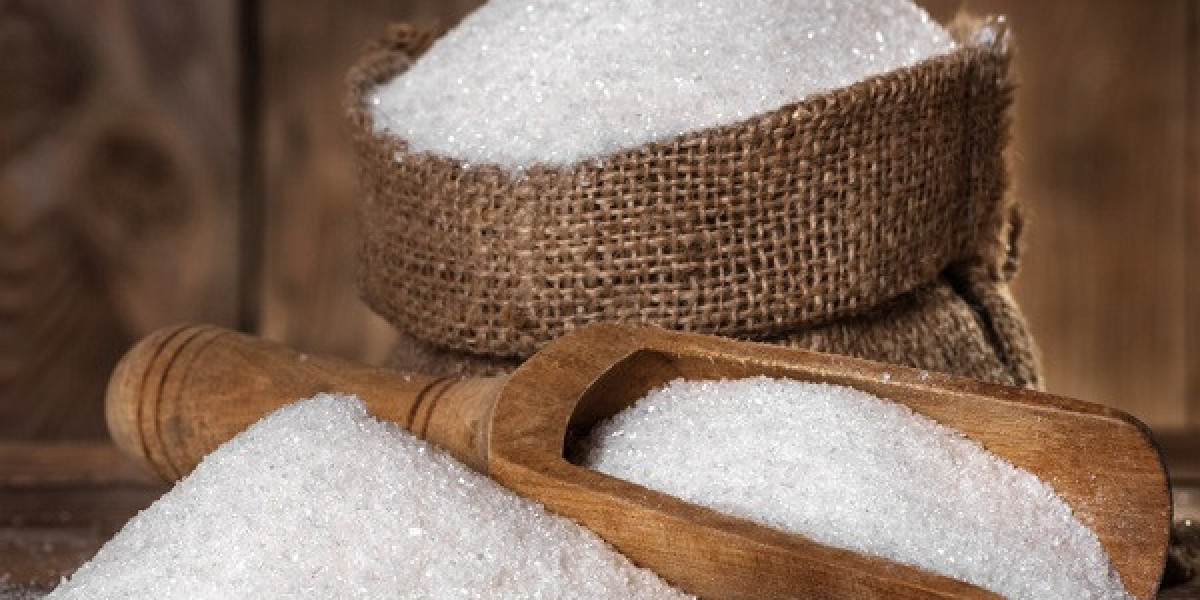Reusable sugar bags offer a promising sustainable method for packaging sugar by reducing waste, minimizing the use of single-use plastics, and promoting circular economy principles. Here are some ways in which they contribute to sustainability:
1. Material Choices:
- Natural fibers: Reusable bags can be made from organic cotton, jute, hemp, or other biodegradable fibers, reducing the carbon footprint compared to plastic packaging.
- Recycled materials: Some reusable bags are made from recycled fabrics, further reducing environmental impact by giving waste materials a second life.
2. Durability:
- Extended life cycle: These bags are designed to withstand multiple uses, decreasing the need for constant manufacturing and disposal.
- Reduced packaging waste: By being reusable, they eliminate the need for single-use plastic or paper bags, which often end up in landfills or oceans.
3. Circular Economy:
- Refill systems: Reusable sugar bags can be part of a refillable system where customers bring their bags to refill stations, reducing overall packaging production.
- Local sourcing: If combined with locally sourced materials and products, the carbon footprint from transportation and logistics is minimized.
4. Consumer Awareness:
- Encourages mindful consumption: Reusable packaging often aligns with consumer preferences for eco-friendly products, raising awareness and encouraging sustainable purchasing habits.
5. Design Features:
- Innovative closures: Reusable sugar bags could feature resealable designs to maintain freshness, reducing the need for additional containers at home.
- Rebranding opportunity: Sustainable packaging can also provide a marketing edge, appealing to eco-conscious consumers.
6. End-of-life considerations:
- Compostability: If made from organic fibers, the bags can be composted at the end of their useful life, returning nutrients to the soil rather than contributing to pollution.
While there are challenges like initial cost and consumer adoption, reusable sugar bags represent a tangible step toward more sustainable packaging solutions.








